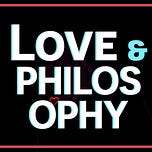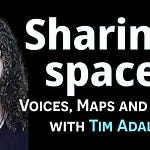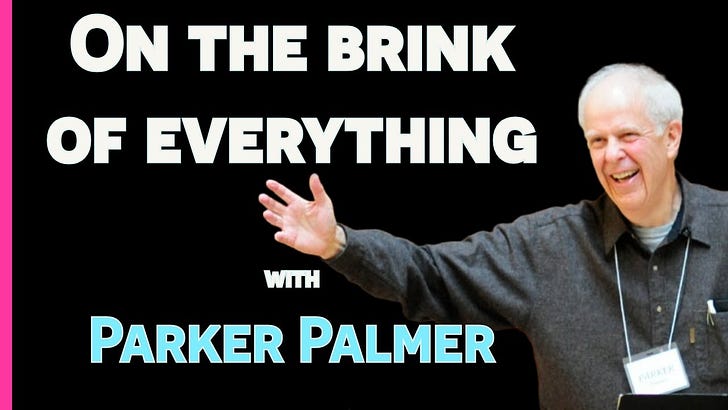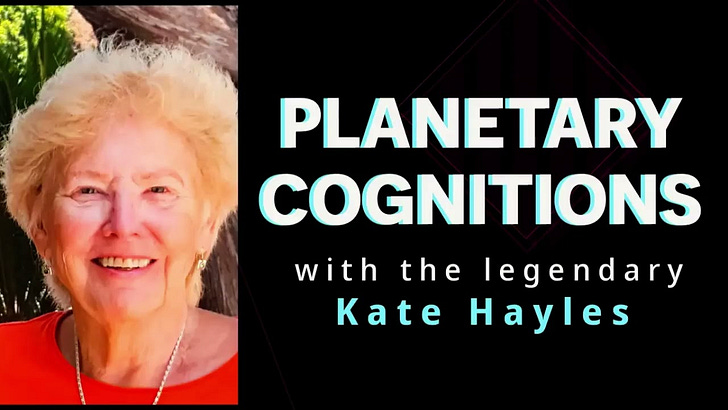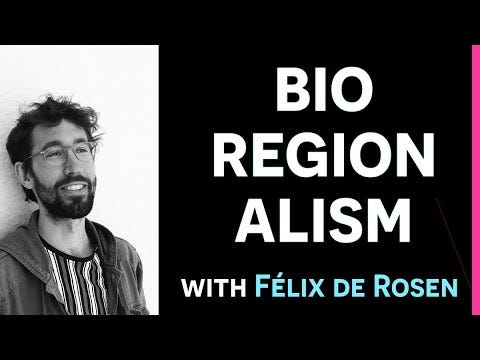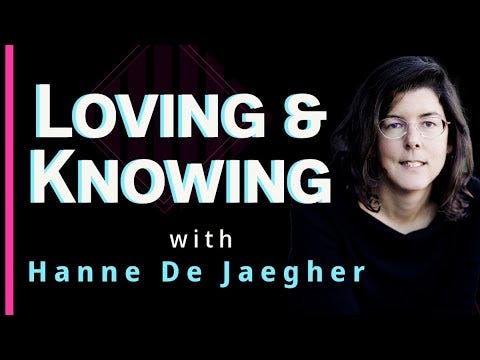From the Desirable Unknown series
In our shared future, there are potentials we know are possible, but there are also unknowns, potentials we have not yet considered. The distinction between the knowable and the unknowable is at the heart of philosophy. In Chinese philosophy, for the Taoist, the universe is fundamentally unknowable and yet, holding the paradox, we can come to know it better and glimpse the Way in experiences Japanese traditions call satori. In more European oriented philosophy, Socrates is famous for the idea that 'all we can know is that we do not know' though his life is itself a way through the unknown. The reason this paradox is at the heart of our search for meaning is because within parameters of the unknown, there are unknowns which are desirable & those which are not. Here, we find ways to orient towards more desirable unknowns for our living planet & in so doing, ride the paradox of trying to know what is unknowable, or what is only knowable if it occurs.
Exploring the Doughnut Model with Andrew Fanning
Andrea hosts Andrew Fanning so as to delve into the transformative principles of doughnut economics. Andrew discusses the impactful work of Kate Raworth and their work together at the Doughnut Economics Action Lab (DEAL), focusing on the need to shift from traditional 20th-century economic models to a more holistic approach that prioritizes sustainability and social equity. This episode explores why economics matters, how the doughnut model redefines economic goals, and the importance of visualizing data to inspire change. Andrew also shares his personal journey into ecological economics and the critical research he leads in reshaping our understanding of global economic systems.
00:00 Introduction and Excitement
00:21 Understanding the Doughnut Model
00:57 21st Century Economics vs. Traditional Models
02:31 Circular Flow Model and Its Limitations
06:10 Ecological Economics and Herman Daly's Influence
22:36 The Doughnut's Visual Framework
31:06 Challenges and Future Directions
36:46 Diving into Ecological Economics
37:11 Understanding the Difference: Ecological vs. Environmental Economics
14:16 Personal Journey: From Economics to Ecological Economics
41:03 Cultural Influences and Early Life Experiences
45:31 Academic Pursuits and Discovering Ecological Economics
50:12 The Impact of Ecological Economics
50:45 Career Path and Contributions to Ecological Economics
01:01:46 The Role of Visualization in Ecological Economics
01:10:55 Final Thoughts and Reflections
The 7 principles of doughnut economics: https://pg-online.leeds.ac.uk/blogs/what-is-doughnut-economics/
Compensation for Atmospheric Appropriation with Jason Hickel: https://www.nature.com/articles/s41893-023-01130-8
Kate Raworth: https://en.wikipedia.org/wiki/Kate_Raworth
The Doughnut Economics Book: https://www.amazon.com/Doughnut-Economics-Seven-21st-Century-Economist/dp/1603586741
Good Life for All: https://goodlife.leeds.ac.uk/national-snapshots/countries/
Tipping Point Podcast: https://tippingpoint-podcast.com/
Doughnut Economic Action Lab (DEAL): https://doughnuteconomics.org/
Eleanor Ostrom: https://www.nobelprize.org/prizes/economic-sciences/2009/ostrom/facts/
Rachel Carson: https://www.womenshistory.org/education-resources/biographies/rachel-carson
Herman Daly: https://en.wikipedia.org/wiki/Herman_Daly Economics of Coming
Spaceship Earth paper: http://arachnid.biosci.utexas.edu/courses/THOC/Readings/Boulding_SpaceshipEarth.pdf
About Desirable Unknown
Discussions about the ways we make, and how we might make paths that will lead to a healthier, more desirable future.
In our shared future, there are potentials we know are possible, but there are also unknowns, potentials we have not yet considered. The distinction between the knowable and the unknowable is at the heart of philosophy. In Chinese philosophy, for the Taoist, the universe is fundamentally unknowable and yet, holding the paradox, we can come to know it better and glimpse the Way in experiences Japanese traditions call satori. In more European oriented philosophy, Socrates is famous for the idea that 'all we can know is that we do not know' though his life is itself a way through the unknown. The reason this paradox matters and is at the heart of our search for meaning, is because within the parameter of the unknown, there are unknowns which are desirable and those which are not. Here we find way towards discussing what might be the desirable unknowns for our living planet, and in so doing, ride the paradox of trying to know what is unknowable, or what is only knowable if it occurs. #overton #johariwindow #way-making #desirableunkown #hiott

